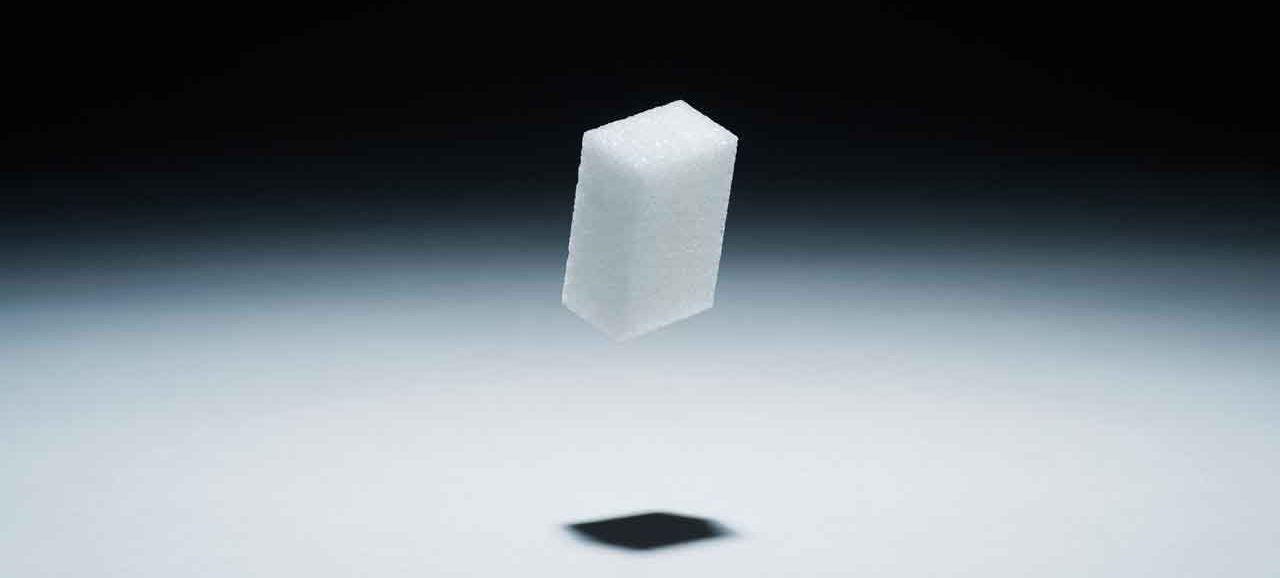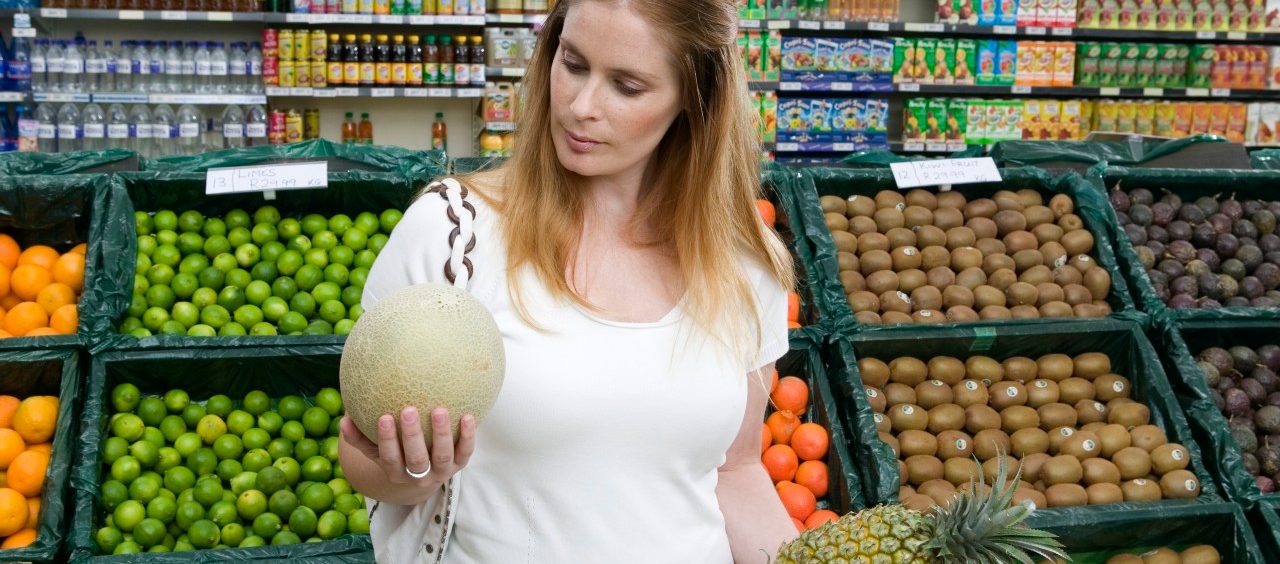November 17, 2017
Is Sugar a Drug? Yes, and We Need an Intervention

Ever since I moved to Arizona from the Philippines a little over a year ago, I’ve just been discovering one crazy good American treat after another. My husband and I would wander into a convenience store or gas station, make a beeline towards the treats aisles (And I do mean multiple aisles, because one clearly has to separate gummies and hard candies from all the chocolate.), and he would point at random items while gushing about how good they are. We would always walk out of there with a random chocolate bar, a random bag of gummies, and a random flavored drink – likely a 20-ounce can of sweet tea or a Mexican soda.
Now, this little anecdote seems cute – and it is – but there came a point when we realized we had been consistently snacking on chocolate, candies, and sodas for three weeks straight. What started with a bag of peach rings, thin mints, and a bottle of Squirt, quickly turned into an HFCS (high fructose corn syrup) bender.
YOU MIGHT ALSO LIKE: Simple No-Salt Solutions to Boost Flavor
Is sugar a drug?
Believe the experts and your mom when they say, sugar is a drug, and it’s going to kill you. In case you’ve forgotten, here’s a quick rundown of what regularly binging on sugary treats and drinks is doing to your body:
- It really is bad for your teeth. It’s like you’re treating the bacteria in your mouth to a dessert table.
- You’re overloading your liver. While it’s built to either eliminate or store excess glucose as glycogen, your liver can take only so much at one time, and, over time, you may develop a fatty liver – also observable in alcoholism.
- Your cells develop insulin resistance over time. This can lead to metabolic syndrome, and eventually, type 2 diabetes.
- It causes cancer and mayhem on your skin. Sugar aggravates inflammatory states both inside and outside your body, which no one needs.
- It’s now considered the leading cause of obesity and cardiovascular disease.
- You’re literally addicted to sugar. It feeds the reward centers of your brain, which release happy hormone dopamine,
How to break sugar addition
Luckily, all we really need to kick our sugar addiction is enough willpower! It’s not going to be easy, but hopefully with my tried and tested tips, you can break your sugar addiction, or at least tame that sweet tooth in about two weeks. Your present and future mind, body, and skin will thank you for it.
- Just do it. NOW. If you keep putting it off until tomorrow, or after some anticipated event that supposedly warrants gorging on sweets, chances are you’re never going to quit sugar. It’s going to take you at least 7 to 10 straight days, and the only way out is completely through – no breaks.
- Avoid the inner aisles. When at the store, stick to the perimeter, where the whole wheat bread, fresh produce, non-fat yogurt, and lean meats are.
- Out of sight, out of mind. If you must have treats in your house, either keep them on an inconveniently high shelf, stashed in a cabinet, or both. Leave healthier options out and easier to grab, like fruit, nuts, or a KIND or Lara Bar. Also, if you live near a doughnut house or bakery, you might want to consider moving all together.
- Drink more water. Sometimes, when we’re craving for a snack, it’s just dehydration talking. Keep a 1L water bottle with you at all times, and do whatever you need to do to drink at least two full bottles a day.
- You don’t need sugar in your coffee. If you’re not keen on developing a more bitter-oriented taste for your cup of Joe, substitute those sugar packets with Stevia and try your go-to specialty coffee with only half the amount of syrup. You’ll be surprised at how much the overall flavor isn’t affected.
- Know how to spot added sugar. Familiarize yourself with the common consumer bait words “Low Fat,” “Reduced Fat,” and “Fat Free.” Any ingredient ending in “-ose” is sugar, and read the label better once you see a “0g sugar per serving” claim.
- Avoid bad influences. Your foodie friend may be a joy to be around, but if you find that you tend to snack the most around this person, you’ll have to ask her to help you quit or give you space. This sounds too serious, but so is finding out you have a fatty liver from all those midday Dutch Bros runs.
- Try to get hooked on “healthier” snacks. Go through a jar of pickles or pork rinds each week if you have to. It’s a temporary fix that’s much easier to quit eventually than sugar.
People experience the process of quitting sugar differently, but you can expect to be on the moody and sad side for the first 3 to 5 days as your brain chemistry returns to normal. You will continue to crave sugary snacks and drinks, but keep in mind cravings only ever last three minutes. If you find your willpower is failing, simply distract and distance yourself. Shouldn’t be too tough, what with our endlessly entertaining smartphones, right?


